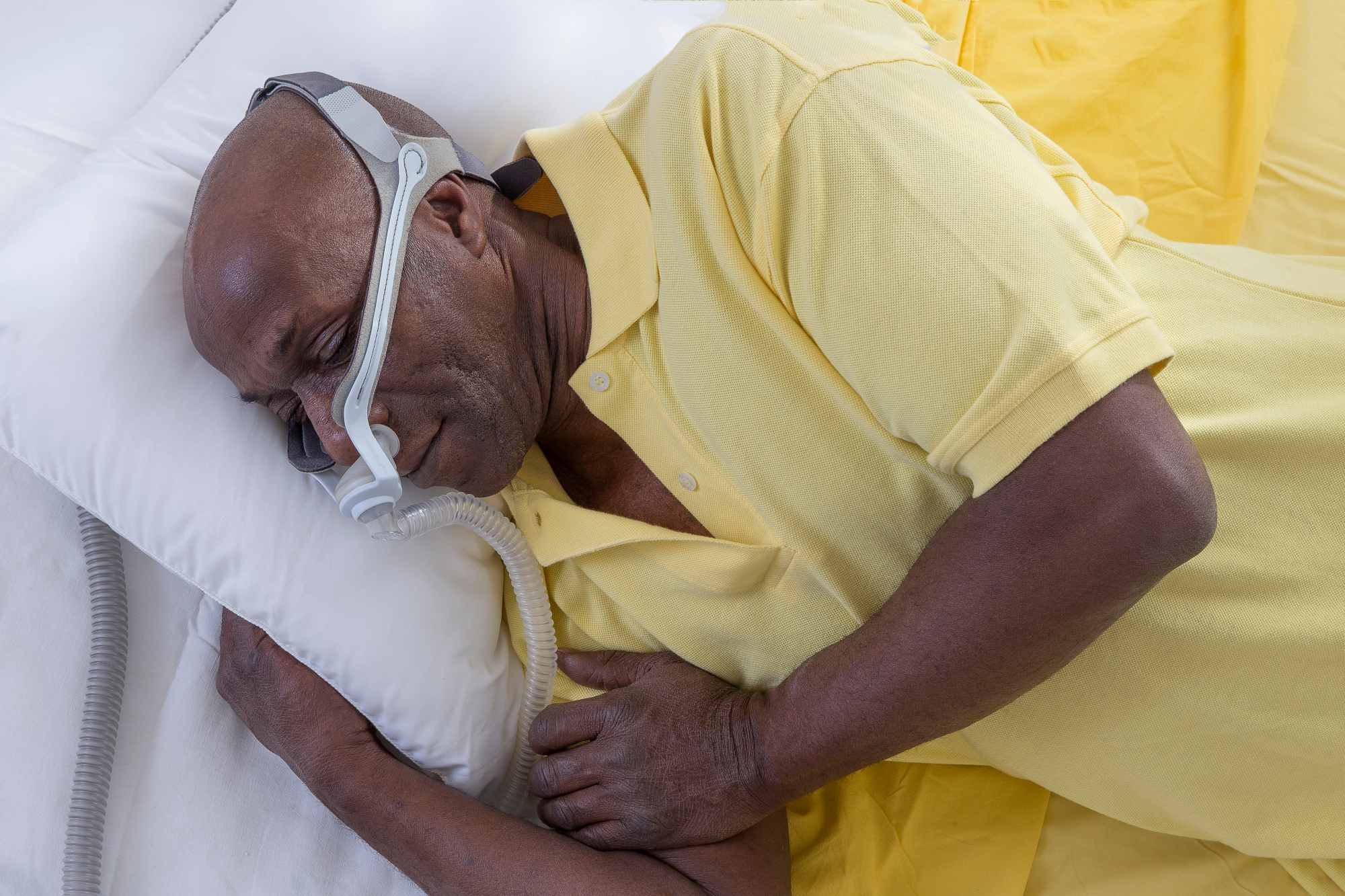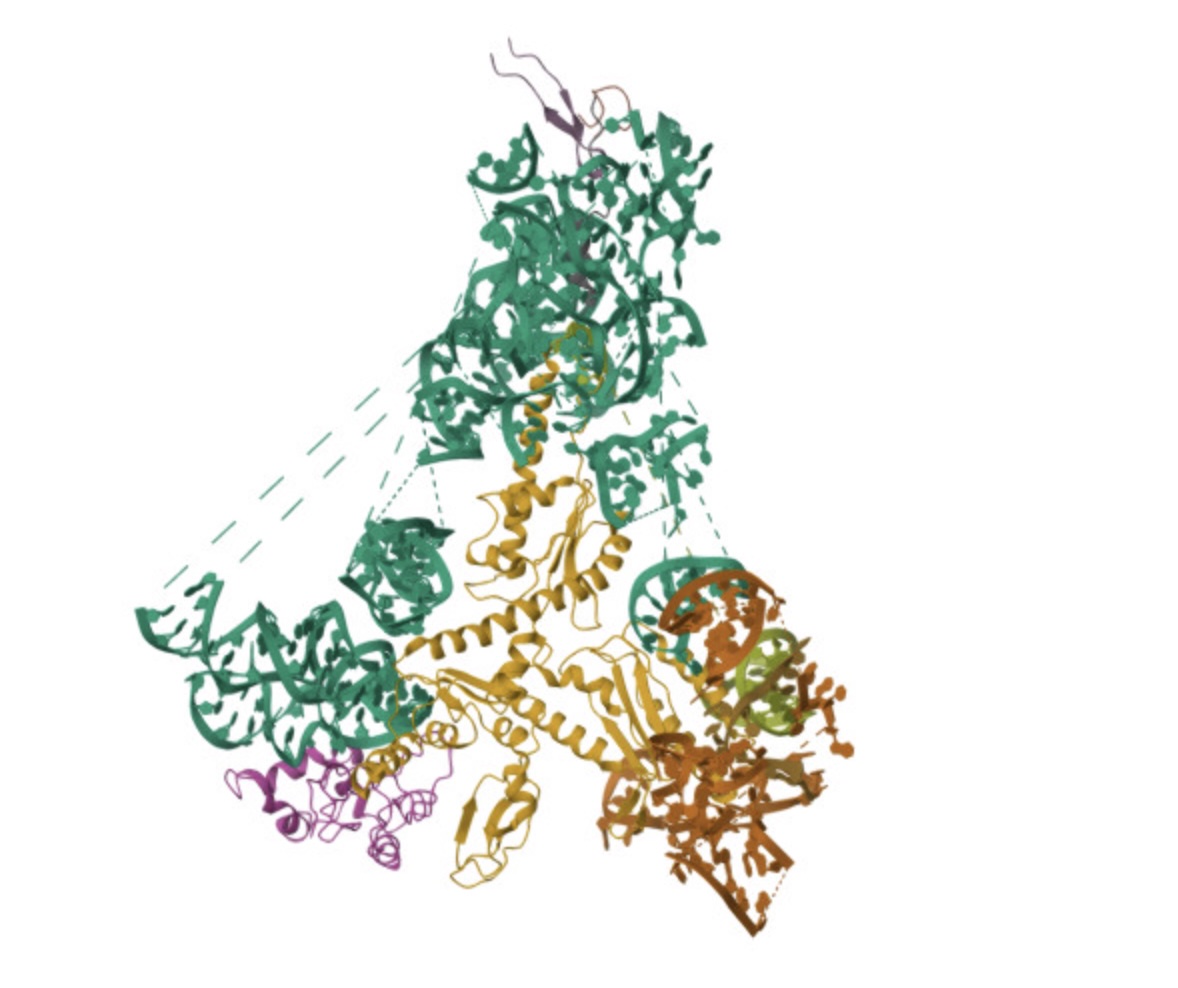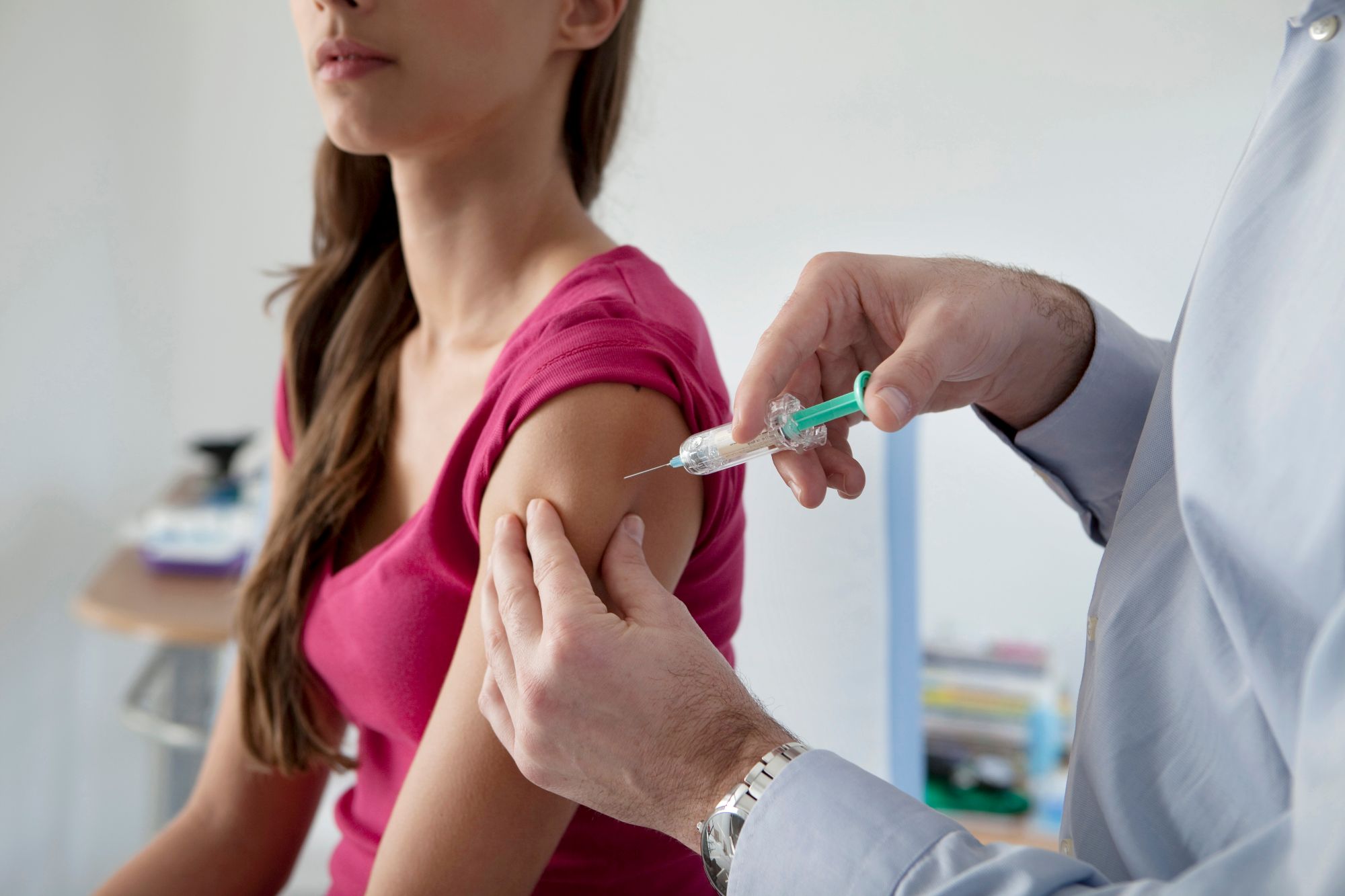A study identifies five vital stages in the structure of brain connections
A research team identified five major phases of brain topology throughout human life—changes in the structure of neural connections—as detailed in an article published in Nature Communications. Using brain images from 3,802 people between the ages of 0 and 90, it defines four turning points around the ages of 9, 32, 66, and 83.









